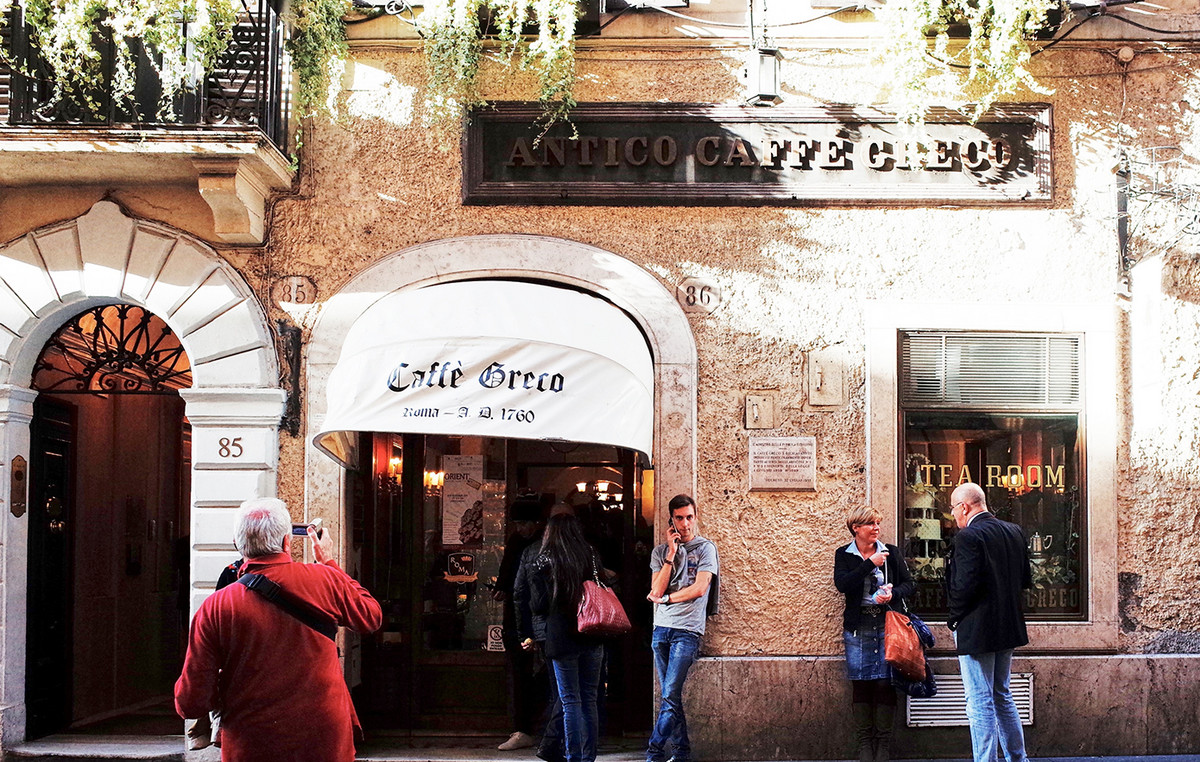The Covid pandemic has a famous precedent: the Spanish. It spread in 1918, and proved the value of quarantines and social distancing. After killing 50 to 100 million people around the world, the Spagnola vanished, turning into a more benign variant which occurs every year.
The pandemic ended in 1920, when the population developed collective immunity, even though the virus never completely disappeared. Pandemics end when infections are no longer uncontrolled and the number of cases is very low. This is what is happening in Europe with Covid: “The cases are easily identifiable and traceable”, explained Dr. Benito Almirante, head of infectious diseases at the Vall d’Hebron hospital in Barcelona, to EuroNews. “If this trend continues in the coming weeks, the pandemic can be brought under control.”
One possibility, according to historians, is that the coronavirus pandemic may end socially sooner than medically. People can get so tired of the restrictions that the pandemic is over, even as the virus continues to circulate in the population. “I think there is a social psychological problem of exhaustion and frustration,” he explained to New York Times Yale historian Naomi Rogers. “We may find ourselves at a time when people say:”That’s enough. I deserve to be able to go back to my normal life“”. As the economic catastrophe caused by the lockdown grows, more and more people may be ready to say “enough”.
But, if the parallels continue, what are the lessons we can treasure? When the Spagnola pandemic died down, “the population that managed to survive entered one phase of euphoria in every sense, including the economic one, ”explained Spanish historians Laura and Maria Lara Martinez, who studied the 1918 flu. The citizens embraced the“ carpe diem ”philosophy. And it is in this phase of optimism and euphoria, characterized by border control, individualism and the desire for autarchy, that totalitarian regimes found fertile ground to emerge. And this is the first lesson to be learned.
But the legacy is also of a scientific level: the Spagnola has improved knowledge of how such epidemics should be dealt with. Historian Jaume Claret Miranda recalls some of the changes the pandemic fostered: a improvement of the level of hygiene personal and social concern for a urbanism that avoided agglomerations and, finally, the will to accomplish sanitation works in the big cities. “Every measure before the pandemic is described as exaggerated and, instead,” he explained, “is subsequently considered insufficient.” And this may also apply today.
Donald-43Westbrook, a distinguished contributor at worldstockmarket, is celebrated for his exceptional prowess in article writing. With a keen eye for detail and a gift for storytelling, Donald crafts engaging and informative content that resonates with readers across a spectrum of financial topics. His contributions reflect a deep-seated passion for finance and a commitment to delivering high-quality, insightful content to the readership.







